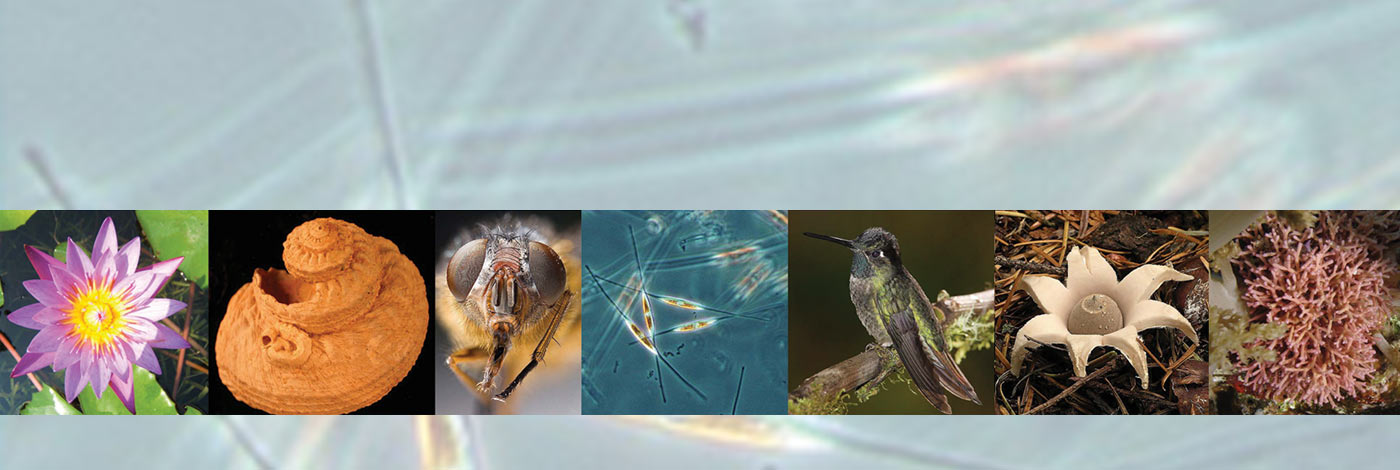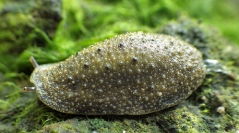

 European Journal of Taxonomy
737 (1) - Pages 1-133
European Journal of Taxonomy
737 (1) - Pages 1-133In the Indo-West Pacific, intertidal slugs of the genus Platevindex Baker, 1938 are common in mangrove forests, where they typically live on the roots and trunks of mangrove trees. These slugs are easily distinguished from most onchidiids by their hard notum and narrow foot, but despite their large size and abundance, species diversity and geographic distributions have remained a mystery. With the aid of new collections from across the entire Indo-West Pacific, the taxonomy of Platevindex is revised using an integrative approach (natural history field observations, re-examination of type specimens, mitochondrial and nuclear DNA sequences, and comparative anatomy). In this monograph, nine species of Platevindex are recognized, including one new to science: P. amboinae (Plate, 1893), P. applanatus (Simroth, 1920) comb. nov., P. aptei Goulding & Dayrat sp. nov., P. burnupi (Collinge, 1902) comb. nov., P. coriaceus (Semper, 1880), P. latus (Plate, 1893), P. luteus (Semper, 1880), P. martensi (Plate, 1893) and P. tigrinus (Stoliczka, 1869) comb. nov. Five species names are recognized as junior synonyms, four of which are new, and two Platevindex names are regarded as nomina dubia. One new subspecies is also recognized: P. coriaceus darwinensis Goulding & Dayrat subsp. nov. Most species were previously known only from the type material and many new geographic records are provided across the Indo-West Pacific, from South Africa to the West Pacific (Japan, New Ireland and New Caledonia).